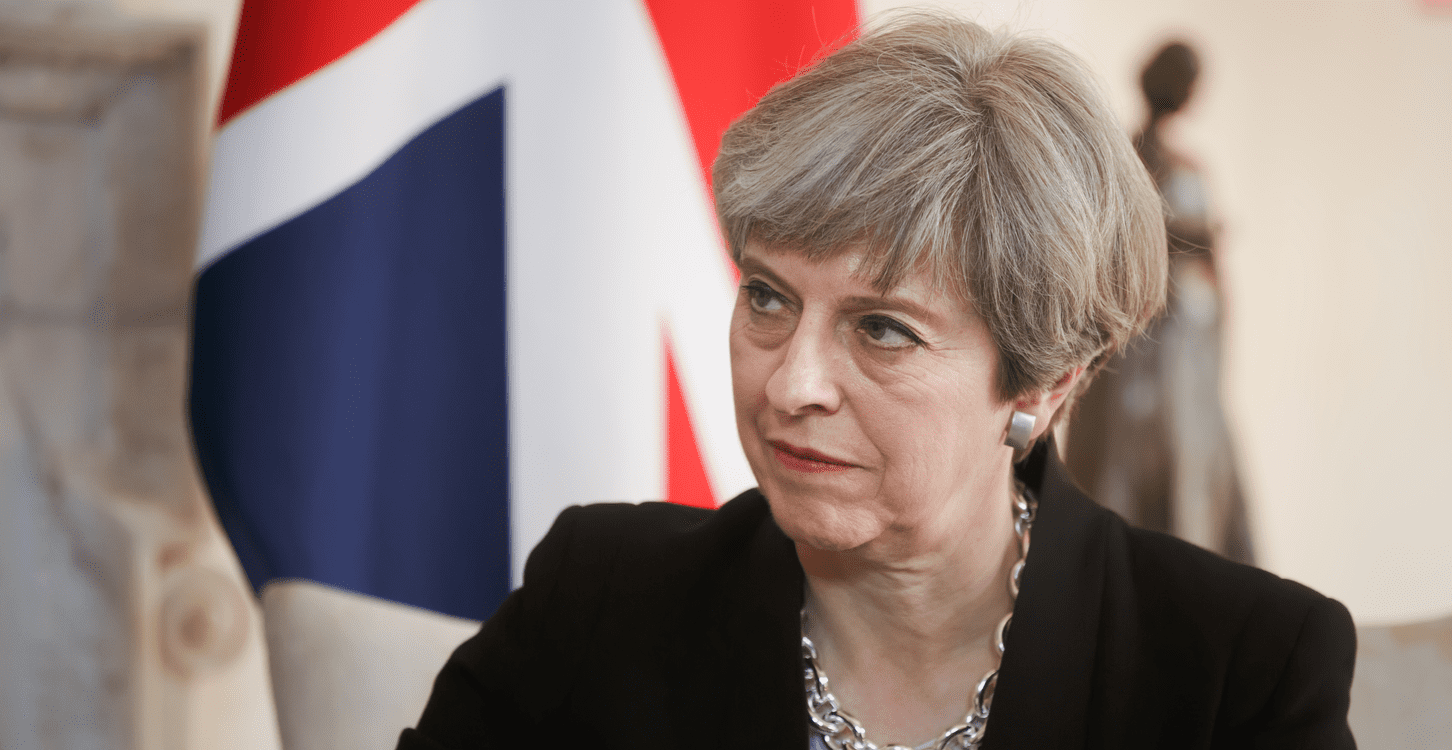Theresa May hedged her bets and she lost.
Although the UK Conservative party has gained the most votes, May has failed to gain the overall majority she longed for, meaning the country is now looking at a hung parliament for the second time in seven years.
At press time, May had already struck a deal with the Democratic Unionist Party (DUP) and is expected to ask the Queen for permission to form a minority government later on today, despite the Labour party leader Jeremy Corbyn’s calls for her resignation.
The past 12 months have proved challenging for UK tech firms, as many were left reeling following the country’s controversial Brexit referendum and all the uncertainty that followed, but it seems there’s more to follow....

